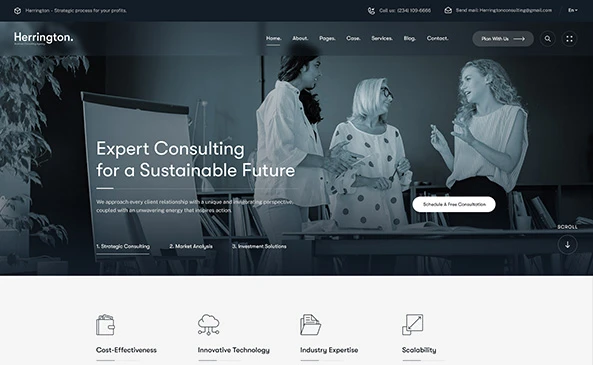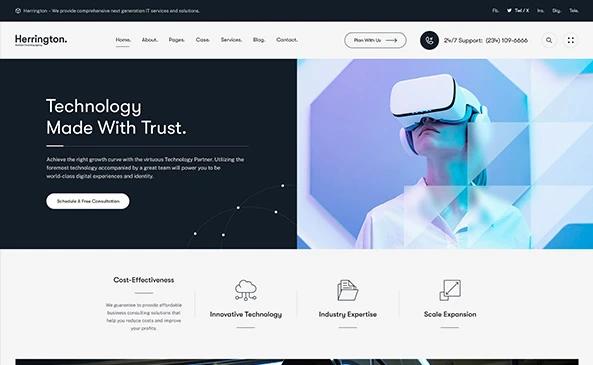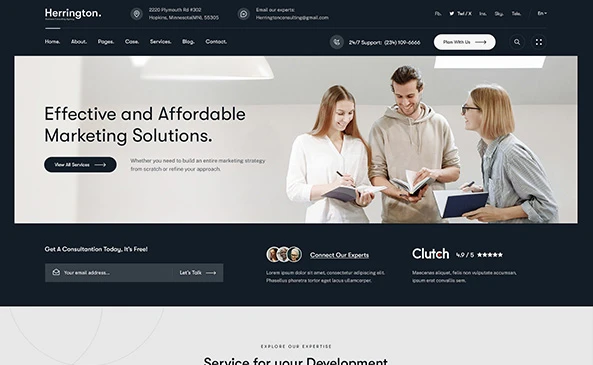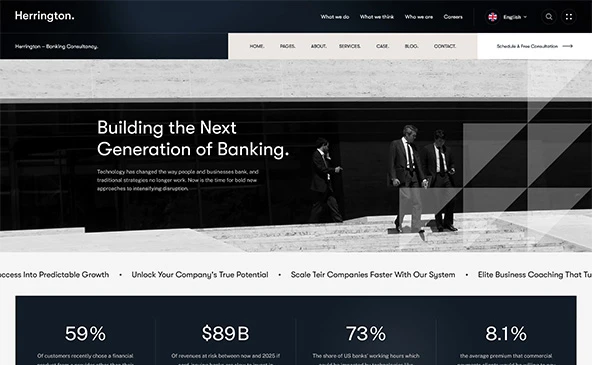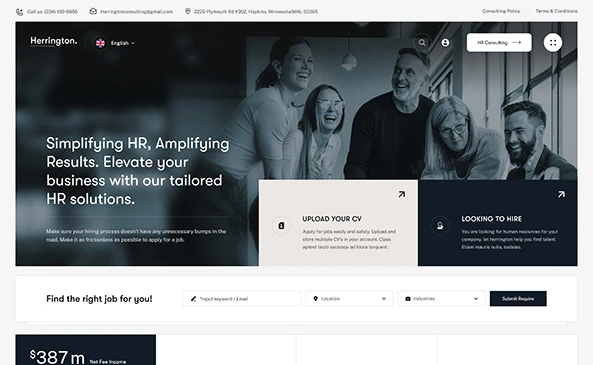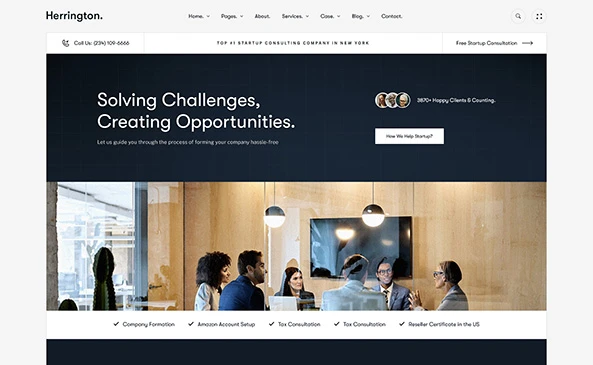In today’s fast-paced and competitive business environment, effective planning is the foundation of success. Companies that strategically design their business models, anticipate market shifts, and create adaptable plans are better positioned to thrive. Business scheming is not about rigid strategies—it’s about creating dynamic frameworks that allow organizations to respond to challenges while capitalizing on opportunities.
The Importance of Strategic Planning
At the core of successful business scheming is strategic planning. Understanding the market landscape, identifying key competitors, and recognizing emerging trends are essential for long-term growth. Companies must assess their internal capabilities, financial resources, and operational strengths to ensure that every plan is grounded in reality. A well-structured strategy allows organizations to allocate resources efficiently, prioritize initiatives, and maintain focus on achieving core objectives.
1. Developing Flexible Business Models
Rigid plans often fail when unexpected challenges arise. Businesses need flexible models that can adapt to changing circumstances, whether it’s shifting customer behavior, economic fluctuations, or technological disruptions. Scenario planning, modular frameworks, and continuous evaluation of key performance indicators help organizations remain agile. By testing assumptions and refining strategies regularly, companies can ensure that their business models remain resilient and responsive.
2. Aligning Teams and Processes
Even the most sophisticated plan fails without proper alignment across teams and processes. Clear communication, cross-functional collaboration, and defined roles are critical to executing strategic initiatives effectively. Businesses that prioritize alignment reduce inefficiencies, avoid duplication of efforts, and create a culture of accountability. Incorporating regular review sessions and feedback loops ensures that teams stay connected to the organization’s overarching vision and objectives.
3. Leveraging Technology and Analytics
Modern business planning is increasingly powered by technology and analytics. Tools such as predictive modeling, data dashboards, and AI-driven insights enable decision-makers to forecast trends, measure performance, and identify potential risks. By integrating analytics into business scheming, organizations can make informed choices, optimize resource allocation, and uncover opportunities that may otherwise go unnoticed.
Plans are nothing; planning is everything. The ability to adapt and make decisions based on evolving circumstances is what separates successful businesses from the rest.
Dwight D. Eisenhower, 34th President of the United States – Quote
Business and plan scheming is an ongoing process of analysis, adaptation, and execution. Companies that develop flexible business models, align teams effectively, and leverage technology to guide decision-making position themselves for sustainable success. Strategic planning is not a one-time task—it is a continual practice that empowers organizations to navigate uncertainty, seize opportunities, and maintain a competitive edge in an ever-changing marketplace. In the modern business world, those who combine foresight, adaptability, and technological insight are the ones who define the future of their industries.



